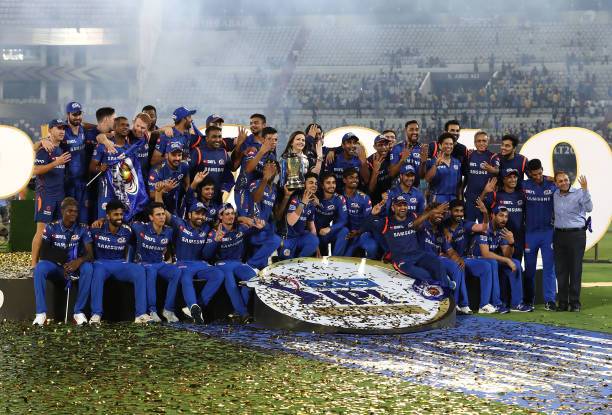Intellectual Property Rights in Cricket: Trademarks, Copyrights, and Licensing: Diamond exchange 9, Sky99exch, Reddybook
diamond exchange 9, sky99exch, reddybook: Cricket is not just a sport but a billion-dollar industry that involves various forms of intellectual property rights such as trademarks, copyrights, and licensing. These rights are crucial for protecting the commercial interests of cricket boards, players, and sponsors. In this blog post, we will discuss the significance of intellectual property rights in cricket and how they are used to benefit all stakeholders involved in the game.
Trademarks in Cricket:
Trademarks play a vital role in establishing the identity of cricket teams, tournaments, and merchandise. For example, the logos of popular cricket teams like the Indian Premier League (IPL) teams are registered trademarks that cannot be used without permission. Similarly, the names of cricket tournaments such as the ICC Cricket World Cup are protected under trademark law to prevent unauthorized use. Trademarks help in creating brand value and fostering a sense of loyalty among fans towards their favorite teams and tournaments.
Copyrights in Cricket:
Copyrights protect original works of authorship in cricket such as photographs, videos, and written content. For instance, cricket websites and publications need to obtain permission from the copyright owners to use images of cricket matches. Moreover, broadcasters like ESPN and Star Sports have exclusive rights to telecast live matches and highlights, which are protected under copyright law. Copyrights ensure that creators of cricket-related content are rewarded for their efforts and encourage them to produce high-quality content for fans.
Licensing in Cricket:
Licensing agreements are essential in the cricket industry to grant permission for the use of intellectual property rights in exchange for royalties. Companies like Nike and Adidas enter into licensing deals with cricket boards to manufacture and sell merchandise featuring the logos of cricket teams. Players also sign licensing agreements with video game developers to use their likeness in cricket video games. Licensing agreements help in monetizing intellectual property rights and expanding the reach of cricket-related products and services.
FAQs:
Q: Can I use the logo of a cricket team for my personal blog?
A: No, you need permission from the cricket board to use their logo for any commercial or non-commercial purposes.
Q: How long does a trademark registration last for a cricket tournament?
A: Trademark registrations are valid for a period of 10 years and can be renewed indefinitely as long as the trademark is in use.
Q: Are cricket players entitled to royalties from merchandise sales?
A: It depends on the terms of their contracts with cricket boards and sponsors. Some players receive royalties for the use of their likeness on merchandise.
In conclusion, intellectual property rights are indispensable in the cricket industry to safeguard the interests of stakeholders and promote innovation and creativity. Trademarks, copyrights, and licensing help in building a strong brand image, generating revenue, and enhancing the overall fan experience. By respecting and upholding intellectual property rights, the cricket industry can continue to thrive and evolve in the digital age.







